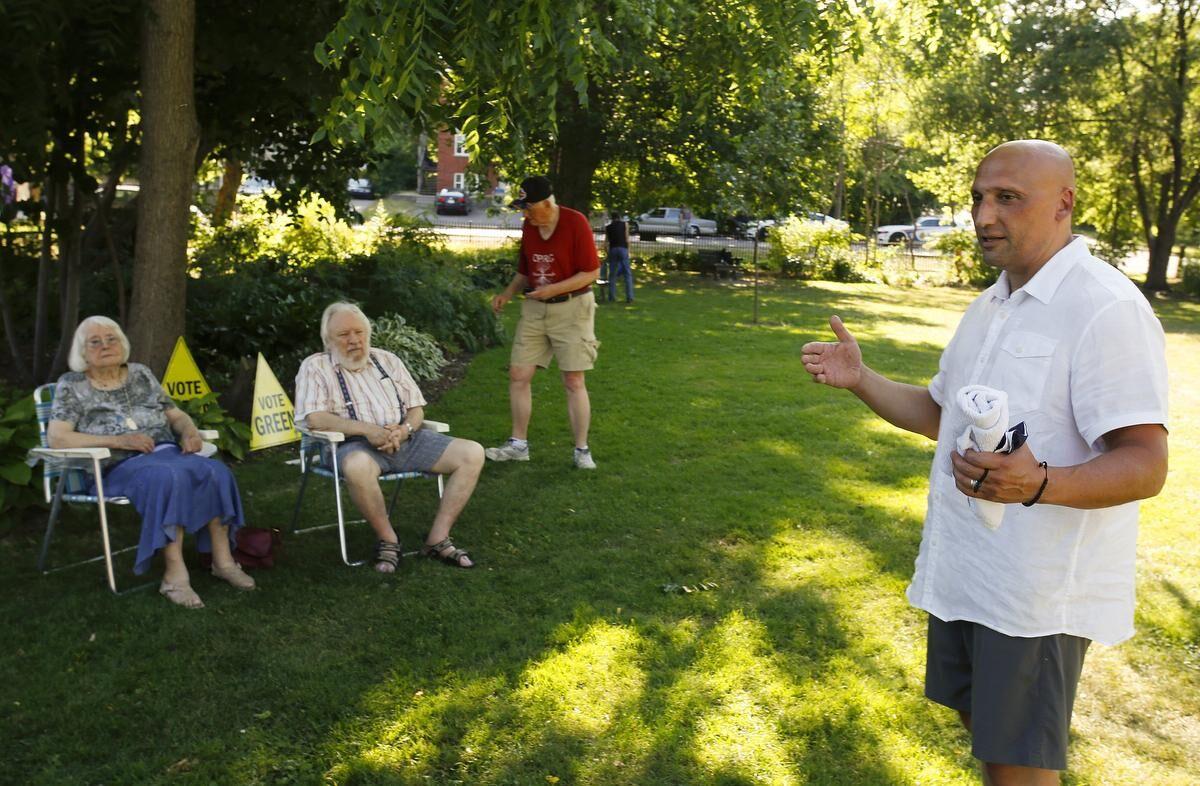In response to the censorship encountered during the Dimitri Lascaris Canada-wide Tour: “Making Peace with Russia: One Handshake at a Time,” the Toronto Star praised the Toronto Public Library for standing up for freedom of expression.
For your convenience, the article is reproduced below:
Toronto Public Library is right to allow someone I profoundly disagree with a place to speak
It would have been all too predictable for an institution like the library to deny a controversial speaker the right to use its space.

I’ll be upping my annual donation to the Toronto Public Library this year for a lot of reasons. One is that it provided a place to speak recently for someone I profoundly disagree with.
That someone is Dimitri Lascaris, a lawyer, former Green Party leadership candidate and far-left gadfly. Lascaris was on a cross-country tour attacking western foreign policy and, more to the point, criticizing support by NATO countries like Canada for Ukraine’s fight against Russian aggression.
Lascaris pushes the so-called “anti-imperialist” line that the conflict is really a U.S.-driven effort to wage war against Russia. It’s a position so far left that, in my view at least, it ends up whitewashing the actual imperialism that’s going on in that part of the world — Vladimir Putin’s attempt to erase Ukraine’s independence and restore a version of the old Russian/Soviet empire.
How to deal with such views? Unfortunately, for too many people the answer is to shut them down, to deny someone like Lascaris a place to speak. And indeed, in four of the 11 cities on his tour his appearances were cancelled when organizations ranging from a labour union in Toronto to St. Mary’s University in Halifax gave in to pressure and forbade him from using their premises.
In Toronto, his supporters arranged another venue — at the Lillian H. Smith branch of the Toronto Public Library. Cue the outrage.
The Ukrainian Canadian Congress called on the library to cancel “this disgraceful event.” City councillor Brad Bradford tweeted he was “appalled to see @torontolibrary give a platform to an apologist for Russian’s war crimes against Ukrainians.” A member of Doug Ford’s cabinet, Labour Minister Monte McNaughton, criticized the library for permitting another anti-Ukraine war event. McNaughton, too, was “appalled.”
To its immense credit, however, the library didn’t cave. Lascaris’s appearance turned out to be a tiny tempest in an even smaller teapot — a few token protesters outside and a few dozen people inside.
But the principle is vital, especially these days when it would have been all too predictable for an institution like the library to deny such a controversial speaker the right to use its space. It would have been the easiest thing in the world for the library to run away, to proclaim that yes, of course it supports free speech, but this event “crossed the line” or made people “feel unsafe” or some other weaselly excuse.
Instead, the library upheld its policy of making space for all sorts of ideas. Its statement on intellectual freedom, adopted last December, is short, clear and mercifully devoid of caveats and yes-buts.
It says it’s committed to “providing a public space where people feel free to share controversial and challenging ideas in an environment that encourages and values a diversity of thoughts, ideas and opinions.”
It goes on: “Ensuring that TPL spaces and services provide freedom of expression to all, without censorship, ensures that all voices can be heard, including and especially the voices of equity-deserving groups.” The statement is online and worth reading in full.
The last time I recall the Toronto library running into this kind of trouble was back in 2019, when it provided space for a talk by feminist Meghan Murphy, who was accused by some activists of promoting hatred against trans people.
At the time, city librarian Vickery Bowles defended the policy of giving space to controversial speakers. To its shame, though, city council failed to stand by her and by a vote of 20 to 1 called for a review of the use of “community spaces.”
Almost four years later, it’s good to see the library hasn’t been pressured into compromising on this basic issue. It used to be taken for granted that airing all sides of important questions, within the bounds of decent conduct and the laws on hate speech, was fundamental to seeking the truth. But nowadays that must be stated and restated.
The Toronto Public Library is a great institution, quite apart from its stand on free speech. I’ll be sending a bigger cheque its way this year. I hope you do, too.
Andrew Phillips is a Toronto-based staff columnist for the Star’s Opinion page. Reach him via email: aphillips@thestar.ca
